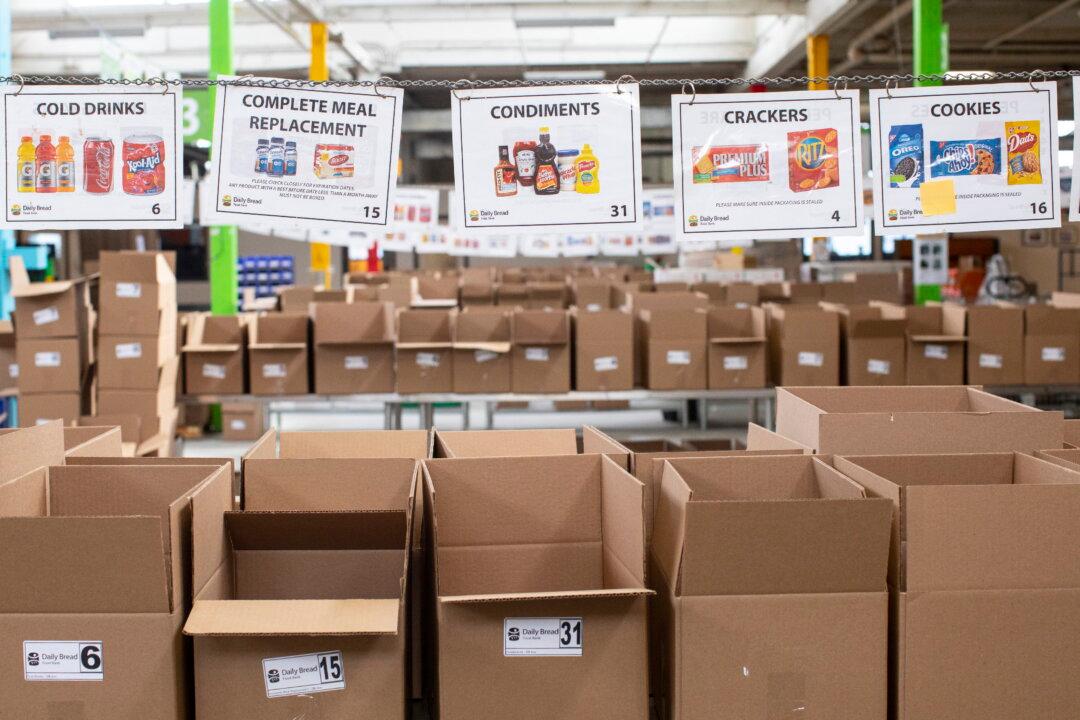Nearly one-third of refugees rely heavily on food banks during their first year in Canada, with four-in-five using the services at least once during their first 12 months in the country, according to a government report.
The Immigration Canada report discussed refugee experiences from 2016 to 2022, a timeframe in which Canada admitted a total of 207,060 refugees.





